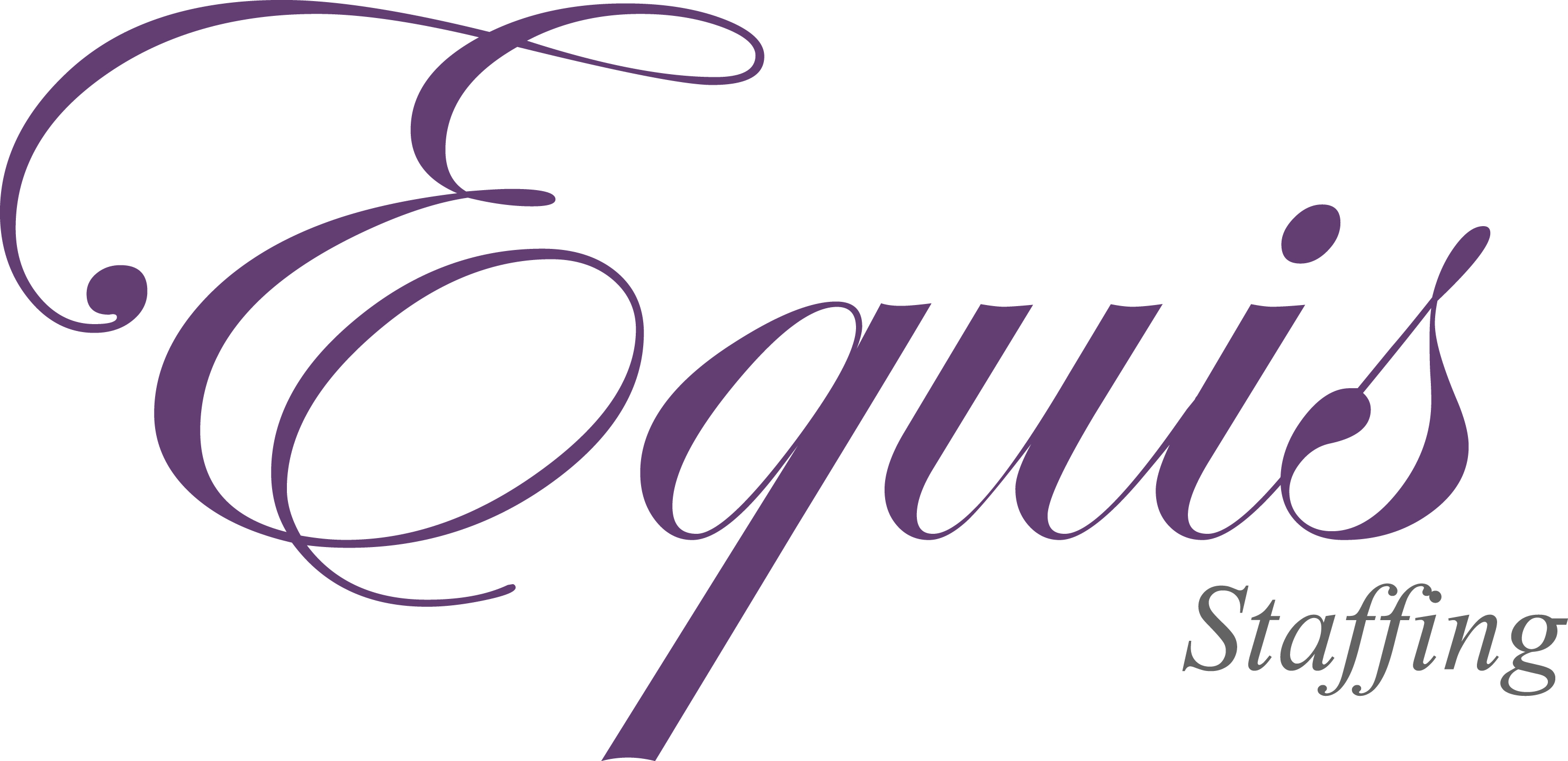Do you shake in your boots at the thought of speaking in public? You’re not alone. Public speaking is actually one of America’s biggest fears, according to the Chapman University Survey on American Fears. The survey found that just over 25% of Americans admit that they are afraid of speaking in front of a crowd.
While you may want to shrink into your seat and avoid the limelight, public speaking is an essential skill for anyone that wants to reach a leadership position. It is also beneficial if you want to boost your status in your industry and network with thought leaders and decision makers. The good news is that with a little practice and a few tricks, you can become an accomplished and memorable public speaker.
Here are some tips for improving your public speaking skills.
Know your purpose. Before you put pen to paper (or fingers to keyboard), think about why you are giving this speech. What do you want the audience to take away from your presentation? What do you want to achieve with this speech? Do you want to inform the audience, inspire them, or entertain them? By understanding the end goal of your speech you can focus each step of your preparation and writing process.
Keep it simple. You may be tempted to include everything you know about the subject of your speech into your presentation. Don’t do this. You will overwhelm both the audience and yourself, and the audience will have trouble absorbing so many concepts at once. Instead, focus on only the most powerful ideas.
Prepare in advance. Don’t “wing it” and don’t wait to prepare your presentation mere hours before you have to deliver it. Prepare your speech well in advance and practice, practice, practice. It’s fine to ad lib a bit during the presentation, but make sure you have your key points locked down. When you are confident in your understanding of the material, you will be able to relax more and engage the audience.
Tape yourself. Take a video of yourself while you practice your speech. (Even if it’s just a cell phone video.) By watching the recording, you can identify areas you need to work on, such as if you fidget or are too monotone. By identifying these things early on, you can work on correcting them long before you deliver your presentation in person.
Have a back-up plan. You probably have more than one “what if?” scenario running through your mind, and these can cause anxiety. What if your PowerPoint presentation doesn’t work? What if you draw a blank? What if someone interrupts your presentation? Think about a few of these scenarios and decide on a plan of action. If you’ve thought these situations through in advance you will be better able to think on your feet should something unexpected happen.
Work out. Your body releases cortisol when you’re stressed. Cortisol can limit your ability to handle and understand complex information, which will impact your memory and make it more difficult to “read” and respond to your audience. You can burn off extra cortisol through exercise, so make sure to hit the gym or take a walk before your presentation.
If you are looking to hire an IT, Accounting, or Finance professional, or work in any of those fields and looking to advance your career, you can contact Equis Staffing via email at info@equisdifference.com or give us a call at (818) 444-0100.



.png)
Comments